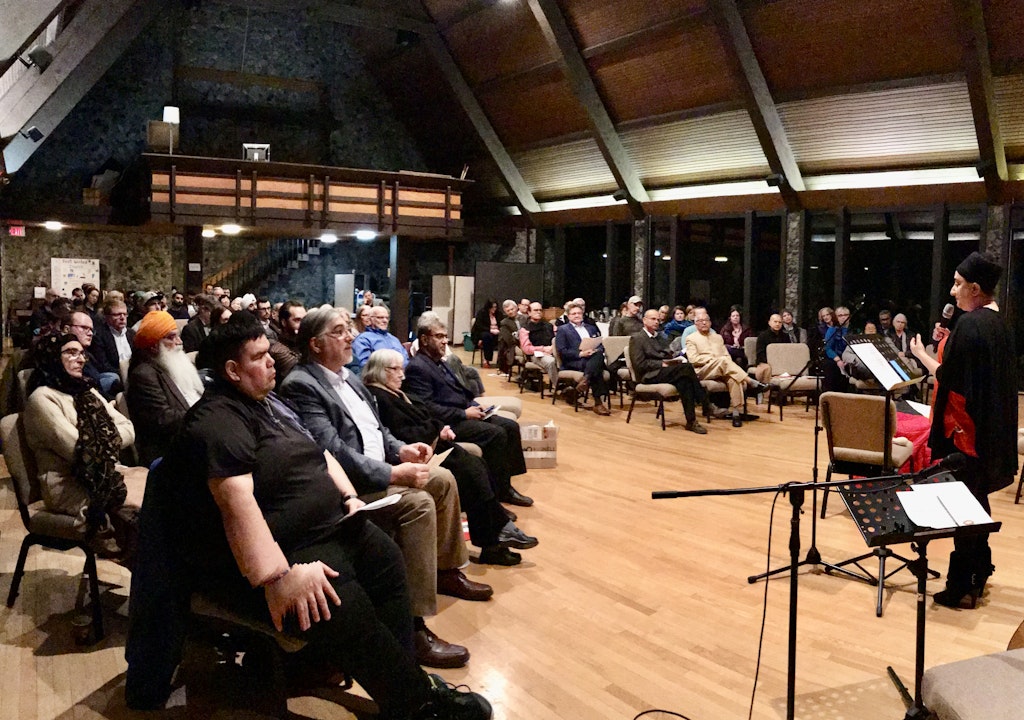The concept of wealth within the framework of Baha’i teachings encourages adherents to adopt a transformational perspective on the possession and utilization of material resources. This philosophical approach urges believers to recognize that wealth is not an end in itself but serves a profoundly purposeful role in the promotion of social welfare and collective progress. The assertion that wealth can benefit the world is encapsulated in various Baha’i texts and teachings, which collectively advocate for an elevation of both individual and societal consciousness regarding economic resources.
To begin with, a fundamental tenet of Baha’i doctrine posits that wealth is a means of fostering unity and solidarity among humanity. In a world often divided by material disparity, the Baha’i perspective offers a radical paradigm shift: wealth ought to be employed not merely for personal aggrandizement but as a catalyst for communal upliftment. This notion transcends simplistic philanthropy; it advocates for a more systemic approach that engages the structural dimensions of socioeconomic disparities and aims to eradicate the root causes of poverty.
Furthermore, Baha’i teachings underscore that the ethical use of wealth is intrinsically linked to one’s spiritual development. Individuals are encouraged to cultivate virtues such as generosity, humility, and accountability, nurturing a disposition that regards wealth as a trust from God. The implication here is profound: economic resources are to be regarded less as possessions and more as instruments for spiritual and societal advancement. This reframing not only enhances individual character but also promotes a culture of empathy and collective responsibility.
Through the lens of the Baha’i Faith, the relationship between wealth and social justice becomes increasingly pertinent. The Baha’i narrative calls on believers to engage actively in the dismantling of material injustices. This engagement is not limited to direct charitable acts. Instead, it encompasses a commitment to advocating for systemic reform, creating economic structures that reflect the principles of equity and shared prosperity. The Baha’i vision sees the alleviation of poverty and the promotion of economic justice not merely as optional aspirations but as fundamental obligations incumbent upon every believer.
The Baha’i community further posits the necessity of elevating educational standards and ensuring equitable access to resources. This focus on education serves dual purposes: it fortifies the individual’s capability to utilize wealth judiciously while also fostering an informed populace that can engage critically with issues of economic equity. The Baha’i writings emphasize that an educated populace is better equipped to harness the benefits of wealth for collective good. In this sense, economic empowerment through education becomes a cornerstone of societal transformation.
The integration of sustainable development into the discourse on wealth is another salient aspect of Baha’i teachings. The Faith advocates for a model of economic growth that is not only equitable but also ecologically sustainable. This esoteric connection underscores the importance of responsible stewardship of the Earth’s resources, ensuring that wealth creation does not come at the expense of environmental degradation. Baha’is are thus called to approach wealth creation with a profound awareness of ecological realities and future generations, intertwining spiritual values with practical actions.
Moreover, Baha’i perspectives on wealth are often illuminated by the concept of “true wealth,” which extends beyond material possession to embrace spiritual and moral richness. This notion challenges individuals to seek fulfillment through the cultivation of virtues and the exercise of compassion. True wealth, from a Baha’i viewpoint, manifests in acts of service, expressions of love, and contributions to the betterment of society. In essence, the teachings advocate that the most lasting legacies are not the accumulation of material resources, but the positive impact one has on the lives of others.
In conjunction with these principles, Baha’i teachings recognize the pivotal role of collaboration and unity among diverse communities. Wealth has the potential to dissolve barriers, connect individuals, and foster a renewed sense of belonging within the human family. Baha’is are enjoined to promote the notion of ‘we’ over ‘I,’ advocating for mutual support and shared aspirations in economic endeavors. Such collaboration not only enhances efficacy but also cultivates a spirit of cooperation that is essential for achieving holistic development.
Concisely, the Baha’i perspective presents wealth as a double-edged sword, capable of both construction and destruction. When aligned with spiritual principles, wealth can flourish as a force for good, transcending mere economic transactions to engender meaningful change. The teachings advocate for a conscious engagement with economic resources, one that harmonizes individual aspirations with the collective needs of humanity.
In conclusion, the Baha’i teachings offer a compelling framework for reevaluating wealth as a transformative force in the world. By advocating for ethical use, systemic reform, educational empowerment, sustainable development, and collaborative unity, this perspective invites individuals to reconceptualize wealth in a manner that intersects with the broader aspirations for global justice and equity. Such a paradigm not only elevates the individual but also fortifies the fabric of society, creating pathways for a more just and harmonious global community. Baha’is envision a future where wealth is an instrument of peace, justice, and prosperity for all, inviting global citizens to rethink their relationship with materialism and embrace a more altruistic vision of economic engagement.
